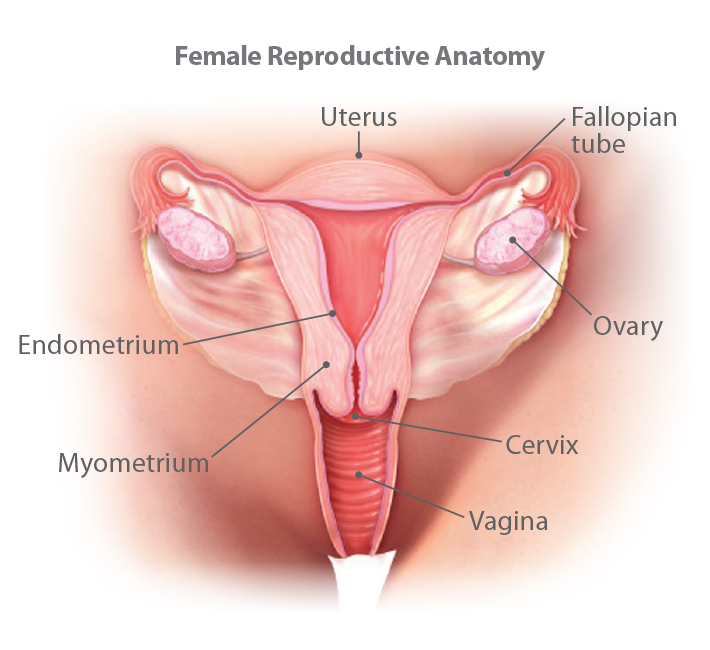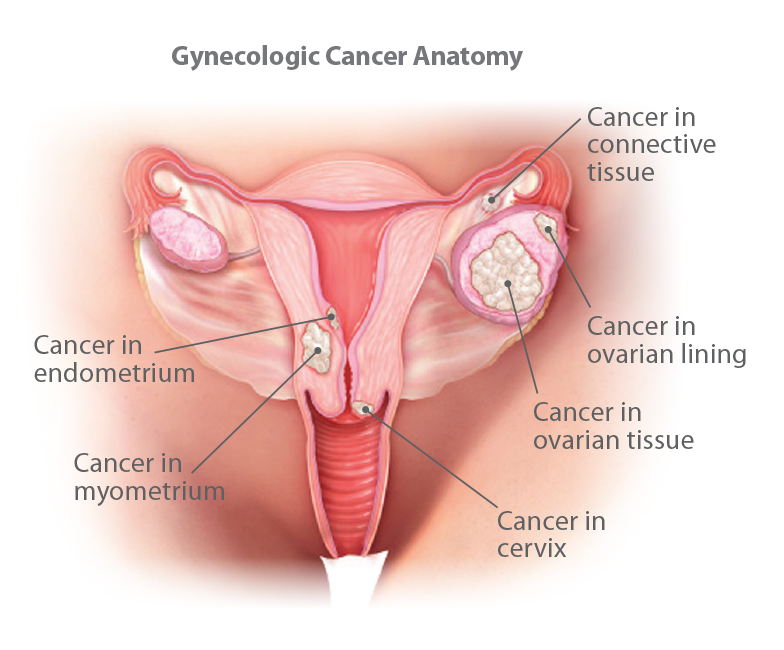Understanding gynecologic cancer
Gynecologic cancers are those cancer types that affect the female reproductive organs, including the ovaries, endometrium, uterus, cervix, fallopian tubes, peritoneum, vagina and vulva.
The stage of gynecologic cancer is one of the most important factors in evaluating your treatment options. Our gynecologic oncologists use a variety of diagnostic tests to evaluate your particular cancer and develop the appropriate treatment plan for you.
TNM system for gynecologic cancer
The stage of gynecologic cancer is one of the most important factors in evaluating your treatment options.
The American Joint Committee on Cancer (AJCC) developed the TNM cancer staging system to evaluate three primary factors when it comes to treating cancer—T, N and M:
Tumor (T) refers to the size of the original tumor.
Node (N) indicates whether the cancer is present in the lymph nodes.
Metastasis (M) refers to whether cancer has spread to other parts of the body.
The three elements (TNM) correspond to one of five stages, which are expressed as 0 to 4. In general, the higher the stage, the more advanced the cancer. Each type of gynecologic cancer has its own staging criteria. For the criteria used to stage a specific type of gynecologic cancer, visit cancercenter.com.
These are the general stages of gynecologic cancer:
Stage 0 gynecologic cancer
Early cancer that is present only in the layer of cells in which it began (carcinoma in situ [CIS]).
Stages 1, 2, 3 gynecologic cancer
The higher the number, the larger the tumor size and/or the more extensively the cancer has spread to nearby lymph nodes and/or organs adjacent to the primary tumor.
Stage 4 gynecologic cancer
The cancer has spread to other organ(s) of the body.

